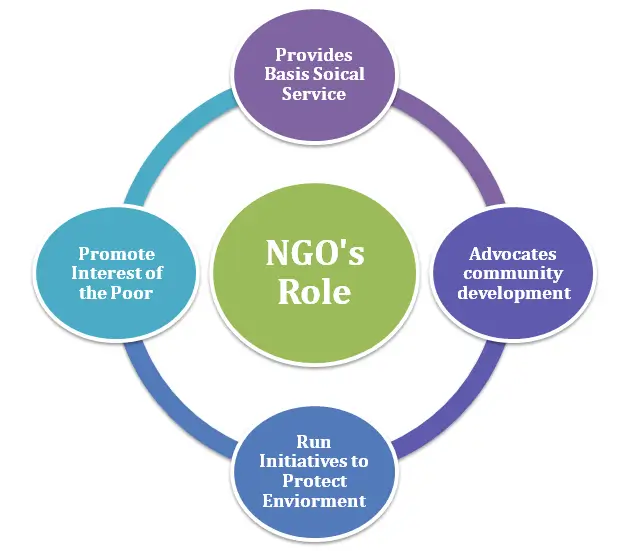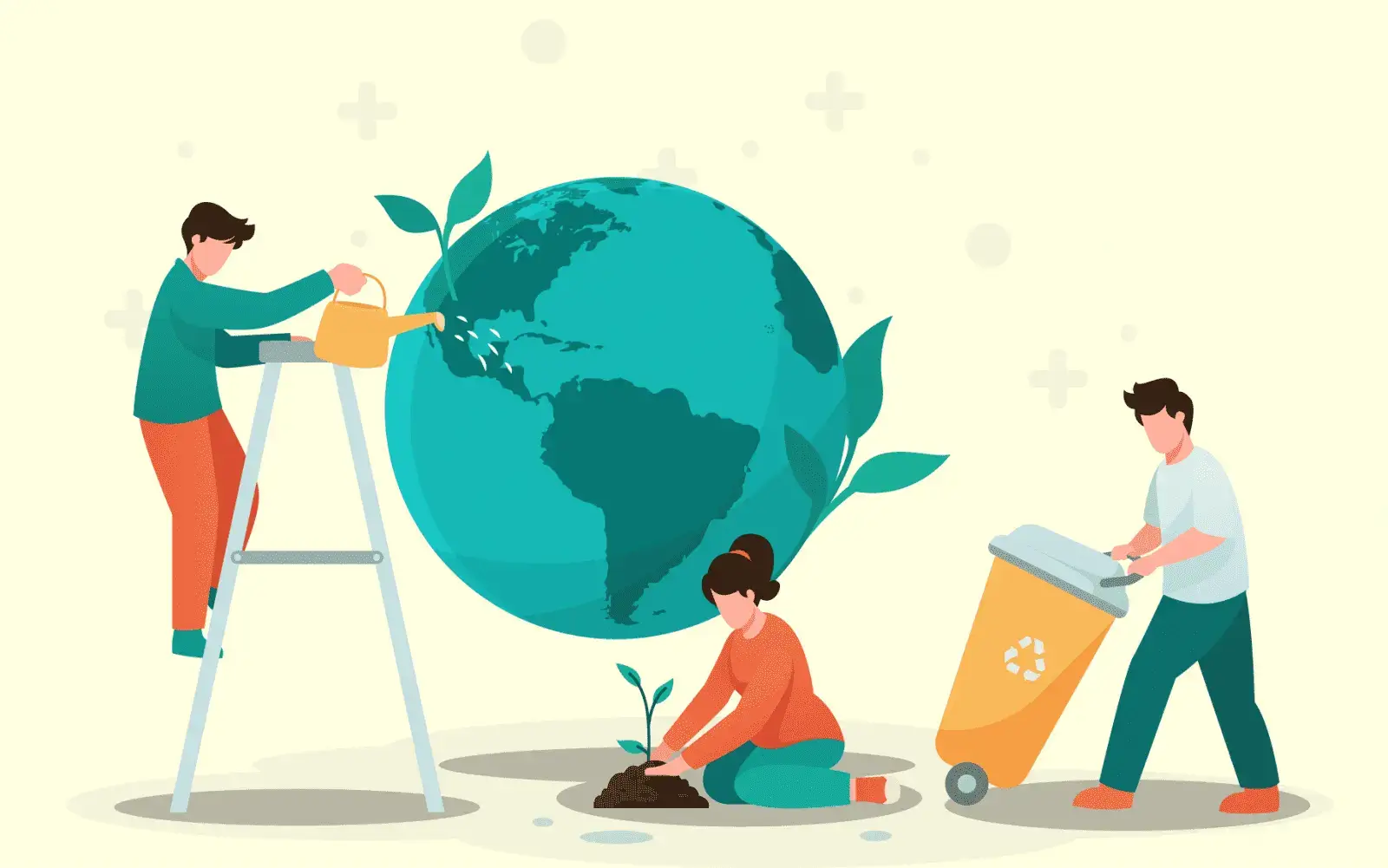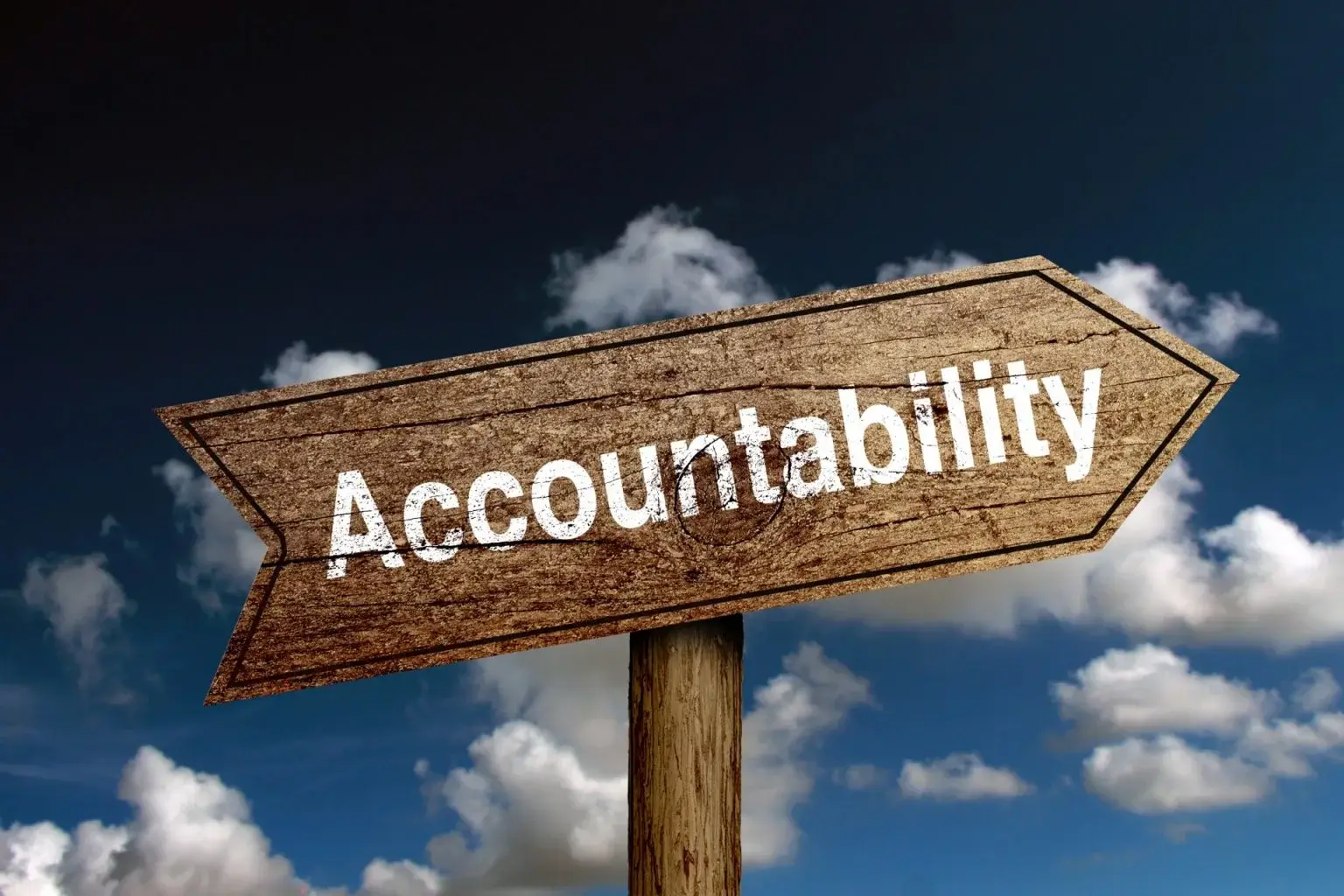In a world filled with challenges ranging from poverty and inequality to environmental degradation and human rights violations, the need for Non-Governmental Organizations (NGOs) has never been more evident. These organizations, driven by passion, compassion, and a commitment to social justice, play a crucial role in addressing pressing issues and filling gaps left by governments and international institutions. In this blog, we’ll delve into the reasons why NGOs are indispensable in today’s society.

1. Filling the Gaps
Governments, despite their best efforts, often fall short of addressing all the needs of their citizens. Whether it’s due to limited resources, bureaucratic inefficiencies, or political constraints, there are always gaps in the services provided by governments. NGOs step in to fill these gaps, offering assistance and support where it’s needed most. From providing healthcare and education to advocating for marginalized communities, NGOs serve as a vital safety net for those left behind by mainstream institutions.
2. Advocating for Change
NGOs are instrumental in advocating for policy changes and social reforms. By raising awareness about important issues, conducting research, and mobilizing communities, NGOs can influence decision-makers and push for legislative reforms that benefit society as a whole. Whether it’s lobbying for environmental regulations, fighting against discrimination, or promoting access to education, NGOs are at the forefront of driving positive change.

3. Promoting Human Rights
Human rights violations continue to occur around the world, often unchecked by governments or international bodies. NGOs play a crucial role in monitoring human rights abuses, providing support to victims, and holding perpetrators accountable. Organizations like Amnesty International and Human Rights Watch shine a spotlight on injustice, putting pressure on governments and corporations to respect fundamental human rights principles.
4. Providing Humanitarian Assistance
In times of crisis, whether natural disasters, conflicts, or pandemics, NGOs are among the first responders on the ground, providing vital humanitarian assistance to those in need. From delivering emergency aid and medical supplies to offering shelter and psychological support, NGOs play a critical role in alleviating suffering and rebuilding communities devastated by the crisis.
5. Promoting Sustainable Development
Achieving sustainable development is one of the greatest challenges of our time. NGOs are key players in promoting sustainable practices, whether it’s through conservation efforts, promoting renewable energy, or advocating for sustainable agriculture. By working at the grassroots level and partnering with local communities, NGOs can drive meaningful change towards a more sustainable future.

6. Empowering Communities
NGOs empower communities by providing them with the tools, resources, and support they need to create positive change from within. Whether it’s through education and training programs, microfinance initiatives, or capacity-building workshops, NGOs help communities develop the skills and knowledge necessary to improve their own lives and advocate for their rights.
7. Fostering Innovation
NGOs are often at the forefront of innovation, finding creative solutions to complex problems. Whether it’s developing low-cost technologies to improve access to clean water, harnessing the power of social media for advocacy campaigns, or implementing new approaches to sustainable development, NGOs are constantly innovating to maximize their impact and effectiveness.
8. Ensuring Accountability
NGOs play a crucial role in holding governments, corporations, and other powerful entities accountable for their actions. Through monitoring, advocacy, and public pressure, NGOs help ensure transparency and accountability in both public and private sectors. By shining a light on corruption, human rights abuses, and environmental degradation, NGOs can help prevent abuses of power and promote greater accountability.

9. Building Bridges
In an increasingly interconnected world, NGOs play a vital role in building bridges between different communities, cultures, and nations. By fostering dialogue, promoting understanding, and facilitating cooperation, NGOs can help bridge divides and promote peace and reconciliation in conflict-affected regions. Through cross-cultural exchange programs, educational initiatives, and peacebuilding efforts, NGOs contribute to building a more inclusive and harmonious world.
10. Inspiring Action
Perhaps most importantly, NGOs inspire action and hope. By highlighting the resilience, courage, and determination of individuals and communities facing adversity, NGOs remind us of the power of collective action and solidarity. Whether it’s through storytelling, advocacy campaigns, or grassroots organizing, NGOs inspire people to get involved, make a difference, and work towards a better world for all.

Conclusion
In conclusion, the need for NGOs in today’s society cannot be overstated. From filling gaps in services and advocating for change to providing humanitarian assistance and promoting sustainable development, NGOs play a vital role in addressing some of the most pressing challenges facing humanity. By empowering communities, fostering innovation, and inspiring action, NGOs are instrumental in building a more just, equitable, and sustainable world for future generations.

